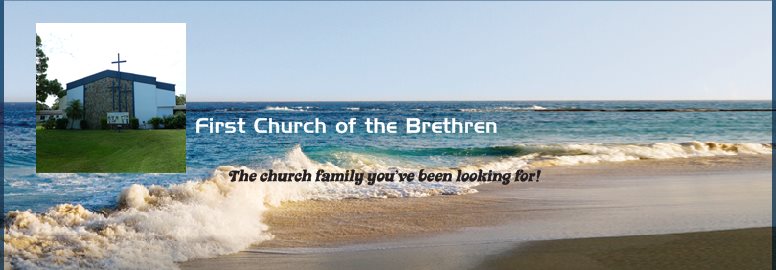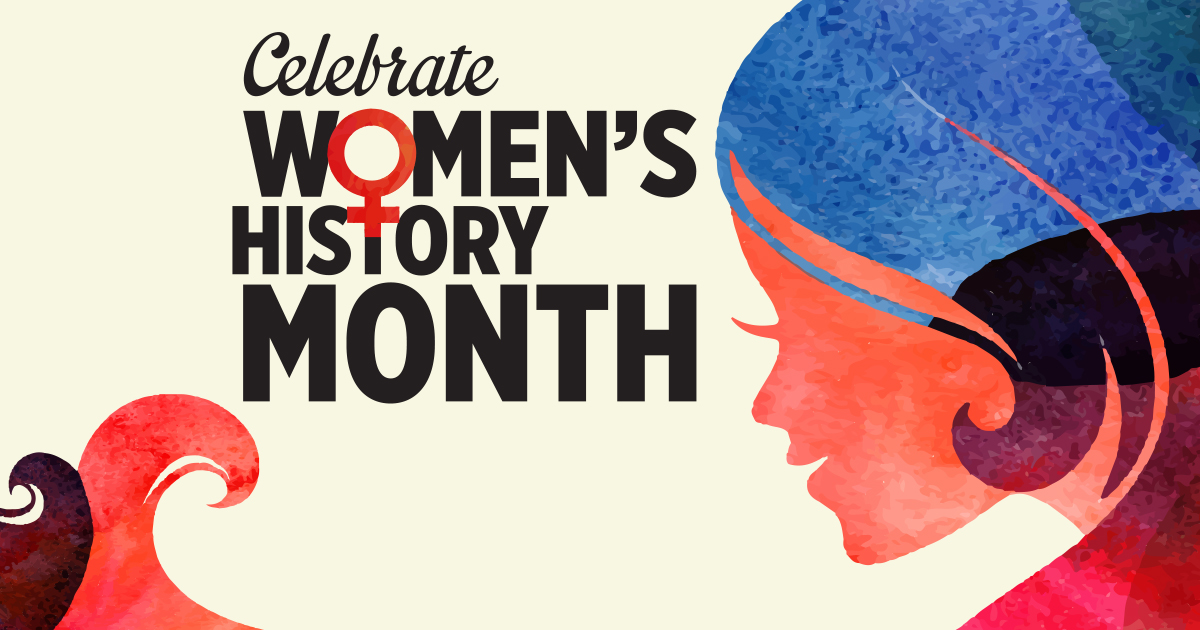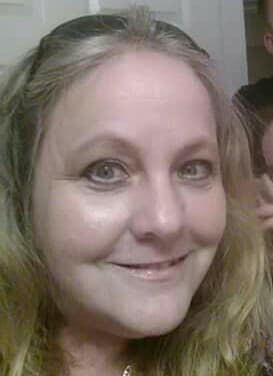This post is part three of a five-part series. Parts two-five will be published on our blog. Part one can be viewed at https://www.facebook.com/BrethrenLifeAndThought/videos/1430331587076140/.
CP: Introduce yourself. Location. Current Congregation. (If not currently at a Brethren congregation, where do you worship now? What is your “home” CoB?) Occupation. Age. Did you know March is Women’s Month? Either way, what does Women’s Month mean to you? How do you understand your identity as a minister (priesthood of all believers)?
 SS: My name is Susan Smith, but I go by Sue. I recently moved from St. Petersburg, FL to about an hour away to Lutz. My current congregation is still the St. Petersburg First Church of the Brethren, which may soon have a different name, possibly New Creation COB; but we are still in the midst of this decision. I am about to turn 50, right after I graduate from Bethany Theological Seminary with my Masters of Divinity degree.
SS: My name is Susan Smith, but I go by Sue. I recently moved from St. Petersburg, FL to about an hour away to Lutz. My current congregation is still the St. Petersburg First Church of the Brethren, which may soon have a different name, possibly New Creation COB; but we are still in the midst of this decision. I am about to turn 50, right after I graduate from Bethany Theological Seminary with my Masters of Divinity degree.
March is Women’s history month, but I barely even remembered that, to tell the truth. I think it is sad that in over a decade of teaching, I fail to recognize this as part of the curriculum. I wish I could go back and focus on this during March. It seems like a better thing to focus on rather than Saint Patricks Day in the school system. Remembering the contributions of women throughout time should be celebrated in our society. But you rarely even hear it mentioned. We live in such a patriarchal society still, but it is buried deep within our conscience, as many tend to think we have gone beyond such limits based on gender. In one of my classes in January, we watched a woman give a TED talk. Her mentor, a man, told her she was a feminist. She did not even know what that meant but debated with him regarding how women are still not treated as equals in society. He was unconvinced until they went to dinner one night, as she paid the valet and he looked over at the man and said, “Thank you, sir.” They laughed, and she had made her point.
I became a licensed minister in 2014 in the ASE District of the COB. My identity as a woman minister is one that I am here to find where God leads and to follow. That is about it. I do not have a current occupation, as I am finishing up my seminary degree in May; but still, do jail ministry monthly leading a Bible study with about ten women in our county jail. I did a year-long internship at the Florida Dream Center, as a community advocate/minister. I was able to point people to local resources when they needed help and to pray with and for those that wished me to do so. This time is when I got involved in jail ministry, and have loved being a part of that for almost two years now. The women are so hungry for the Word of God; it is refreshing. I love being part of their conversations regarding the Bible an God’s will for their lives. I also did a six-month internship at my church as a minister in training. I led a Summer Women’s Bible study on Acts, wrote and administered evangelism skits into our worship, and visited almost every member with our interim pastor. I had not really seen myself as a pastor until going through that time. I am still discerning what my call is and where God is leading me, and I am OK with that. I truly believe in our COB tenet of the priesthood of all believers, and see our jobs as leaders in the church to lead people to discern where God is calling them to participate in His/Her plan to further the Kingdom
CP: Is it odd to identify with a group that is centered on the male form of the name? In what ways does it matter? In what ways does it not matter?
SS: I never thought about the word minister being in the male form. I guess pastor and preacher can also be considered this, but it seems to me they all mean those who teach and proclaim the Word of God. It is not important to me about the form of the word. I think we are way to hung up on semantics myself. Let us focus on Christ and abide in divine love while showing the same love and mercy to others. I do understand the deep patriarchy embedded in the history of the church, coinciding with that found in society is still a problem though.
CP: What opportunities does being a Brethren woman provide you? Are there ways it restricts you?
SS: Being a Brethren woman provides me opportunities to be a minister in many of the same ways men do, unlike some denominations still today. Of course, there are certain subsections of the Brethren who still would not allow women to be licensed or ordained, namely the BRF. There are also some still in the pews of many churches who do not feel a woman should lead men in ministry. I guess that is a restriction, but we can be proud that our denomination calls women to ministry despite certain views by some today.
CP: Name a woman, Brethren or otherwise, who has inspired you and encouraged your spiritual growth.
SS: My former pastor, Vicki Ehret has inspired and encouraged me throughout my spiritual growth. She was my pastor when I felt the call to ministry and has been my supervisor throughout both of my internships for my ministry formation through Bethany. She is a great preacher and has always been a model of a strong Christian leader to whom I could look up.
CP: How can our denomination better encourage the gifts of women?
 SS: Our denomination can encourage gifts of women a bit more by making sure to allow men to serve in roles such as on the kitchen committee. I think this allows us all to see gender roles in a new light. Male and female deacons and elders should call out gifts of ministry of young women in our congregation. They should provide a listening ear then to allow them to ponder where God is calling them to serve and be educated in ministry.
SS: Our denomination can encourage gifts of women a bit more by making sure to allow men to serve in roles such as on the kitchen committee. I think this allows us all to see gender roles in a new light. Male and female deacons and elders should call out gifts of ministry of young women in our congregation. They should provide a listening ear then to allow them to ponder where God is calling them to serve and be educated in ministry.
CP: How do you sustain yourself in the midst of those who might discredit or not listen to your voice because you are a woman?
SS: I do not worry about those who discredit or not listen to my voice because I am a woman. I never have and I never will. I am a strong, educated woman who is following God’s call and if people do not like that, it is their problem, not mine with which to deal. I have respect for those with differing opinions, but cannot worry about this as there seems to be much more work to be done in this world on behalf of Jesus than worrying about those who discredit me.
CP: How do you encourage or build up other women? What are ways that we can intentionally mentor and call young women into ministry?
SS: Listening to struggles and being a friend in times of need are ways I build up other women. Telling my story of transformation and struggles as a mother and follower of Christ in the midst of trials is another way that encourages women to stand strong in their faith. Intentionally calling young women into ministry is a priority for me in the church today. Women are still feeling the pressure to do so much in the home and provide an income at the same time. Finding God within such a busy life is hard, so we should provide quiet time for them to study the Bible, to ask questions in a safe environment, and ask questions that allow them to ponder God’s call in their life. I have asked a few women to serve in leadership roles in the church and to join me in jail ministry. I would like to be someday able to mentor a woman in the same manner Pastor Vicki has mentored me as well.
CP: How do you lovingly respond to prejudice in and outside the Church?
SS: I’m a bit outspoken and opinionated when dealing with any form of prejudice, but I don’t think I’ve ever really had to respond to prejudice as an individual. I am still very privileged in today’s society, which gives me a special place to be a voice with and for those less marginalized and oppressed. In some ways, I can have a voice that is heard due to my social location and being conservative in my faith views. In other ways, I feel a need to be prophetic and move us forward. Leading from the Holy Spirit, who is always doing something new, is a passion of mine and one desperately needed in the church today in my opinion.
CP: How do you set boundaries with physical touch with men (or others if not heterosexual)?
SS: I have never had to set boundaries with physical touch from men. I hug men in a loving way or place my hand on their shoulder, much as I would do to a woman or child. If I ever felt uncomfortable, I would state that I am a happily married woman, and am sorry if I miscommunicated any affection as being physical instead of just love to another human.
CP: You shared some demographic info in question one. Where does your sex or gender identity fit into the broader picture of who you are? Of your many identities, is being a woman primary? Why or why not?
 SS: I am a cisgender, heterosexual white woman. I tend to see my white, cisgender, heterosexual privilege more than my oppression due to my gender. That is not to say it is not there, as we still have a ways to go for women to truly being equal in society. I was just watching the Wilson Projects discussion of women in politics today. They were saying there are more women running in local races than ever before, but research still shows that barriers are higher and supports are lower for women than for their male counterparts.
SS: I am a cisgender, heterosexual white woman. I tend to see my white, cisgender, heterosexual privilege more than my oppression due to my gender. That is not to say it is not there, as we still have a ways to go for women to truly being equal in society. I was just watching the Wilson Projects discussion of women in politics today. They were saying there are more women running in local races than ever before, but research still shows that barriers are higher and supports are lower for women than for their male counterparts.
We have come much further in the West in the area of women being equal, so I think it is important for us to stand up for rights of women elsewhere and help with educating young women globally. Helping women helps society, just like as we help others with any form of oppression. Jesus modeled this for us and commanded us to help those who are marginalized.
Being a woman is primary in my identity as I am a nurturer for my children and in a position to be a model and mentor for other young women. My skills of being able to multitask and live compassionately probably have much to do with my gender. But we are all special, and I do not like stereotypes at all, so I tend to think of myself as human, just like everyone else. I also think the Spirit is calling me to speak out on forms of oppression within the church regarding sexuality and gender identity. If we are to love EVERYONE, we are called to speak out against those condemning any subgroup as ‘the other.’ We are all human, and we are all in need of God. God has a purpose for everyone, no matter what their identity is. The rich, the poor, all ethnicities and sexualities, all part of one human race; whom Jesus wants to be as ONE.
We are also all part of God’s creation that he loves dearly. My biggest passion is that of ecojustice and eco-theology. I am writing my final MDiv paper regarding how we can reimagine our value of simple living to include our interconnectedness to all living creatures and nature itself. We have been given a special job of stewardship over God’s creation, and we have been doing a terrible job of it. All of creation has value to God. As we help the Earth, we will help others less fortunate who bear the brunt of our destructiveness. We will then feel more interconnected as a result, to nature, to each other and God.
Image Credits: St. Petersburg First CoB and Sassafras Marketing

